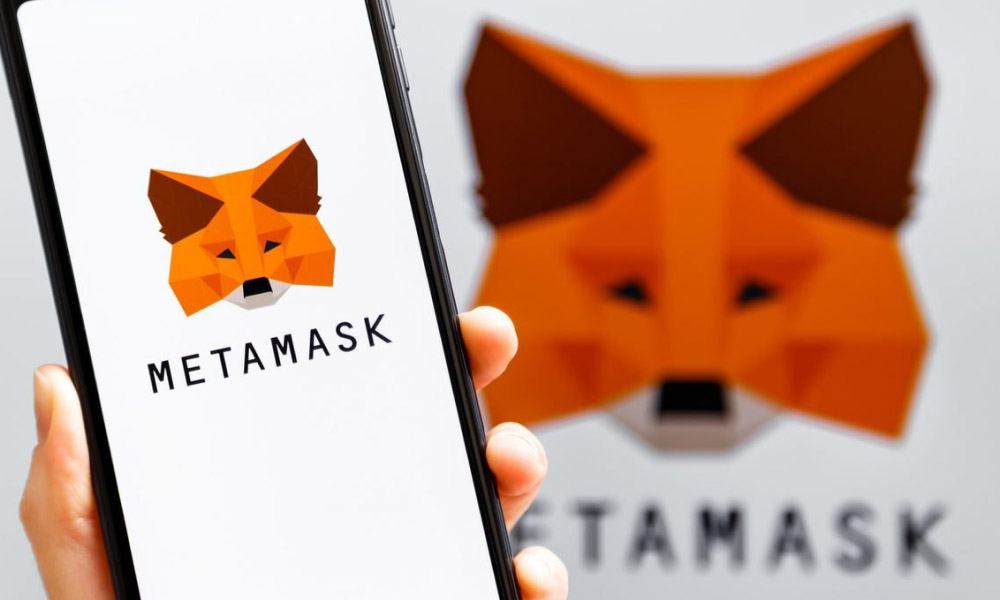MetaMask Enters the Stablecoin Arena
MetaMask, one of the most widely used Web3 wallets, has officially launched its own stablecoin called mUSD. The move marks a strategic expansion beyond wallet services into the rapidly growing stablecoin and DeFi ecosystem.
The new token is pegged 1:1 to the U.S. dollar and is designed to serve as a native payment and liquidity asset within MetaMask’s ecosystem.
Why mUSD Matters
MetaMask’s entry into the stablecoin market could reshape the DeFi landscape:
- Built-in utility: Direct integration into MetaMask’s wallet and swap functions.
- Lower fees: Optimized for cross-chain transactions and DeFi protocols.
- Global adoption: Targeting users in emerging markets where stablecoins act as a hedge against inflation.
Industry experts note that mUSD may position MetaMask as not just a wallet provider, but also as a DeFi infrastructure player.
Competitive Landscape
The launch puts MetaMask in direct competition with giants like USDT (Tether) and USDC (Circle), while also aligning with a broader trend of wallets, exchanges, and fintech platforms issuing their own stable assets.
Unlike centralized issuers, MetaMask emphasizes a decentralized model, with reserves managed transparently on-chain.
What’s Next?
Analysts expect MetaMask to integrate mUSD into:
- DeFi protocols (lending, staking, liquidity pools)
- NFT marketplaces (for seamless purchases)
- Web3 payments (merchant adoption and dApp ecosystems)
If successful, mUSD could accelerate stablecoin usage beyond trading, making it a core financial layer for everyday crypto transactions.
MetaMask’s launch of mUSD signals a new phase in stablecoin competition, blending user-friendly wallets with embedded digital dollar liquidity. For DeFi investors and Web3 builders, this could unlock greater adoption, lower costs, and new financial use cases.


